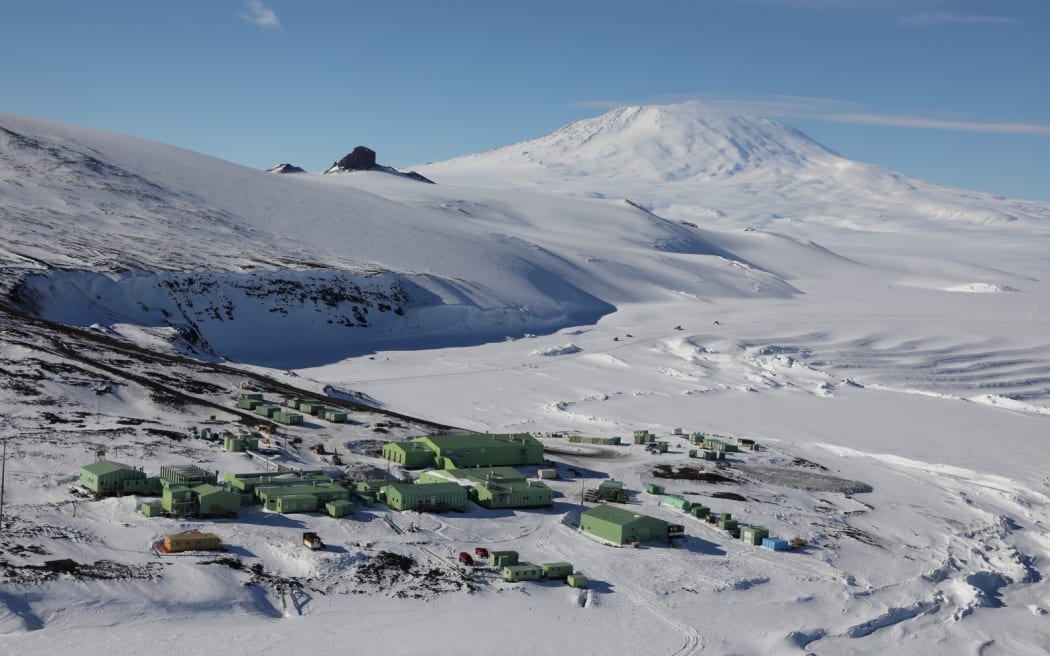 Prime Minister Jacinda Ardern. Photo: POOL/ NZME
Prime Minister Jacinda Ardern. Photo: POOL/ NZMEPrime Minister Jacinda Ardern will visit Antarctica this week to see first-hand the critical research undertaken by New Zealanders on the ice.
The visit, scheduled from Tuesday to Friday, marks the 65th anniversary of Scott Base – New Zealand’s Antarctic home – and the first full season of Antarctic research after two years of Covid-19 disruption.
Ardern is a well-known Antarctic history buff, with explorer Ernest Shackleton one of her personal heroes.
“Antarctica is part of New Zealand’s heritage and future and we’re committed to its protection as a natural reserve for peace, science and co-operation,” Ardern said in a statement.
“Globally significant research is carried out by New Zealanders there, and New Zealand is invested in that long-term and essential research including through the Antarctic Science Platform and other science investments.
 Scott Base. Photo: Antarctica New Zealand
Scott Base. Photo: Antarctica New Zealand“Antarctic research is urgently needed to understand past and future climates, how we are affecting Antarctica, and how Antarctica will affect us.”
The prime minister will see first-hand the research, environmental protection, conservation and operations undertaken by kiwis in Antarctica and experience the challenges of working on the ice.
The strong co-operation amongst the Antarctic Treaty Parties, particularly the US, New Zealand’s Antarctic partner for more than 60 years, will also feature on Ardern’s schedule.
“Cooperation in Antarctica and in the Antarctic Treaty System is more important than ever as we tackle the crises of climate change and biodiversity loss,” Ardern said.
The Prime Minister will also see the preliminary work for the estimated $344 million redevelopment of Scott Base, which will secure the future of the research hub for at least the next 50 years.
The redevelopment is due to be completed in 2028.
